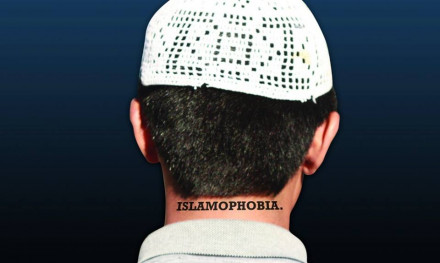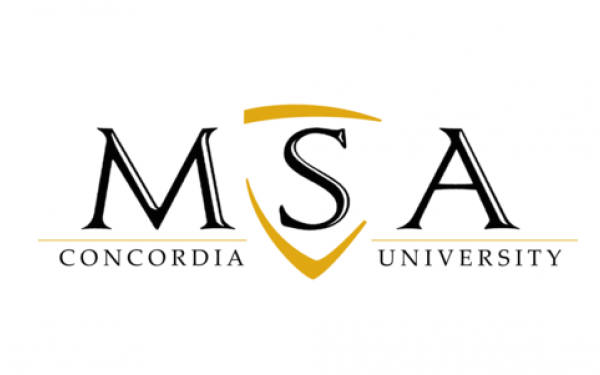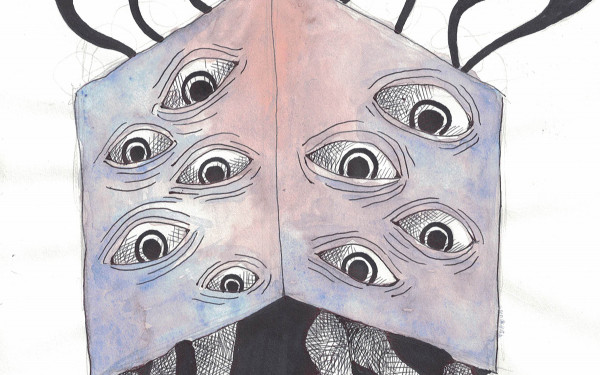Breaking Down Islamophobia One Talk at a Time
The rise of The Islamic State of Iraq and Syria is a theme that dominated headlines this year. The acronym evokes images of heinous crimes, but the influence of ISIS, and of other groups like it, has not solely been of a violent nature.
These extremists’ actions have widely affected the Western world’s perception of those who practice the Islamic faith. Sweeping generalizations have become the norm, sometimes in mainstream media.
At a discussion hosted by the Students’ Society of McGill University’s Equity Committee, a group of about 30 students sat down and had an open dialogue concerning Islam, and Islamophobia. Facilitated by Sta Kuzviwanza, Dina el-Baradie and Aishwarya Singh from SSMU, the goal of the session was purely intellectual. It welcomed debate and encouraged critical thinking.
The Link was asked not to mention anyone by name so that participants would feel more secure about vocalizing their opinions. “The content that we’re discussing is complex, and the priority is that everyone feels safe speaking and is heard,” Singh said in an opening statement.
The roots of Islamophobia go deep, but it wasn’t until the attacks of September 11th, 2001 that the distrust of Muslims swelled, and began to manifest into hatred and violence. Citing a FBI statistic, there was a 1700 percent increase in the hate crimes against Muslim Americans between 2000 and 2001,” a student said.
The Leadership Conference of Civil and Human Rights is clear about the fact that while “the number of hate crimes against Arab Americans, Muslims and Sikhs has declined from the peak of 2001, it remains substantially above pre-2001 levels.”
According to a 2008 poll by the Abu Dhabi Gallup Center on the state of Muslim-West relations, 26 per cent of Americans and Canadians believe that culture is the root cause of tensions. 36 per cent of the same demographic believe that the root cause is religion compared to 35 per cent believe the cause to be political.
Also discussed was the role of the media in propagating fear towards Muslim communities. “It’s very easy for the media to focus on certain things, and not others, and then you get a very skewed picture,” one person pointed out.
He provided the example of a white supremacist who attempted to ram a car full of explosives into a Boston mosque. According to him, the story, which was reported a few years ago, was only covered by one media outlet: Russia Today.
The recent Chapel Hill shooting, where a self-proclaimed “gun-toting atheist” executed three Muslim students, also reignited the debate about bias in media coverage.
“Hard statistics saw that cases of non-Muslim terrorism are far greater, and far higher in number, even within the U.S,” he said. Backing his claim is the Centre for Research on Globalization, which has cited an FBI study showing that in between 1980 and 2005, only six percent of terrorist attacks carried out on U.S soil were perpetrated by Islamic Extremists.
Problems within the Islamic world were also addressed, including the breakdown of religious authority. “In the pre-modern context, in order to be a scholar of Islam, you had to study over about 10 years. You had to study logic, you had to study rhetoric, and you had to study grammar. You had to study all these different fields before you were qualified to speak on behalf of the religion,” said another participant.
The “purist movements”, which have always existed in Islam, get the most coverage by the media, and they exclude the “very large, traditional body of Muslim scholarship” that is moderated and provides reasoned arguments,” he continued.
Another problem that he brought up was the “crisis in Islamic authority.” He talked about the current transformations that are taking place in the Muslim world, and the dictatorships that were “propped by the West for decades.”
“If you live in a culture that is a dictatorship, it tends to corrupt a society from the very top to the very bottom, and that is what’s happening,” he said. “This extremist way of reacting to things, a lot of times could be attributed to this aspect, and many others.”
Constructive dialogue and debate was welcomed and encouraged, but the majority of participants were in agreement that most critics of the faith are simply not educated enough on the topic to have a legitimate discussion. “I think there are aspects of Islam that need to be looked at, both as Muslims and as non-Muslims,” a student said. “I think knowledge has to be the first prerequisite before you want to start having a discussion about Islam.”






_600_375_90_s_c1.jpg)
